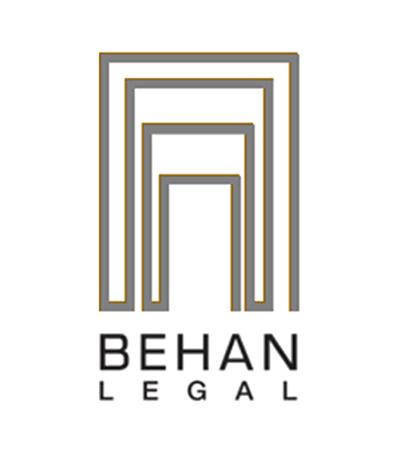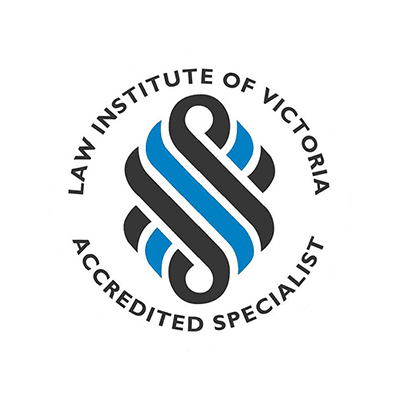Rights & Obligations of Executors
An executor is the person named in a Will who the deceased wishes to administer the Estate. An Executor takes charge of the deceased’s property and pays all outstanding debts, charges, and taxes before distributing the net assets to the beneficiaries of the Will.
The executor’s duties include auditing the deceased’s assets, obtaining valuations for assets and applying to the Supreme Court for a Grant of Probate, which is the Court Order stating that the deceased’s Will is valid and the executor can administer the estate. When applying for probate certain documents need to be completed and documentary evidence provided to the Court, such as evidence of death, proof of proper attestation of the Will, and details of assets and liabilities.
NAMED AS EXECUTOR
The testator will name an executor that he wants to administer the estate. There can be one or more executors. It is preferable for a testator to inform the intended executor of the appointment and to discuss all matters fully, including the whereabouts of the Will and other important papers. Executors should contact the beneficiaries of an estate, inform them of their entitlement, and provide a copy of the Will. Executors can also be beneficiaries under a Will.
COSTS
Executors can claim costs and expenses incurred in administering the estate and must keep a record of money received and paid out. If the Will does not provide for payment to the Executors, one can apply to the Supreme Court to recover costs and seek a fee.
FUNCTIONS
Usually, an appointed person is both Executor and Trustee, but each function is different. An Executor looks after the Deceased’s property, pays debts, and distributes assets to the Beneficiaries. A Trustee manages money, investments, or assets on a continuing basis for the benefit of certain beneficiaries according to the wishes of the deceased.
DUTIES
An Executor must locate the Will and find out the precise nature of the duties and powers set out in it. A Will may be with the deceased’s papers, bank, or with their solicitor. An Executor should consult the deceased’s solicitor or his own solicitor to discuss the administration of the estate. The Deceased may have left income of the estate to someone for life where, after that person’s death, the capital of the estate is to go to children. A Trustee has a continuing obligation to invest the capital fund until the children reach a certain age. A Trustee’s powers of investment depend on the terms of the Will and the Trustee Act.
NO WILL
If there is no Will, there will be no executor. If a person is a relative entitled to the whole or part of the Estate of the Deceased, one can apply to the Supreme Court for Letters of Administration; once granted, these appoint a personal representative of the Deceased and one proceeds in much the same way as an Executor. When there is no Will, the intestacy rules laid down by law state how to distribute assets.
BEHAN LEGAL CAN ASSIST AS FOLLOWS:
a) Give advice about the rights and responsibilities of an Executor; and
b) Prepare and apply for probate; and
c) Assist in identifying and collecting the Deceased’s assets; and
d) Give advice on the possible tax liability; and
e) Give advice about the legal order in which debts must be paid and the remaining assets distributed; and
f) Give advice the legal order of distribution of the Estate in a case where there is no Will, and
g) Prepare the report and statement on the assets for the beneficiaries.
NEED MORE INFORMATION
Behan Legal assists and advises on these important issues. For an appointment, call 03 9646 0344.


